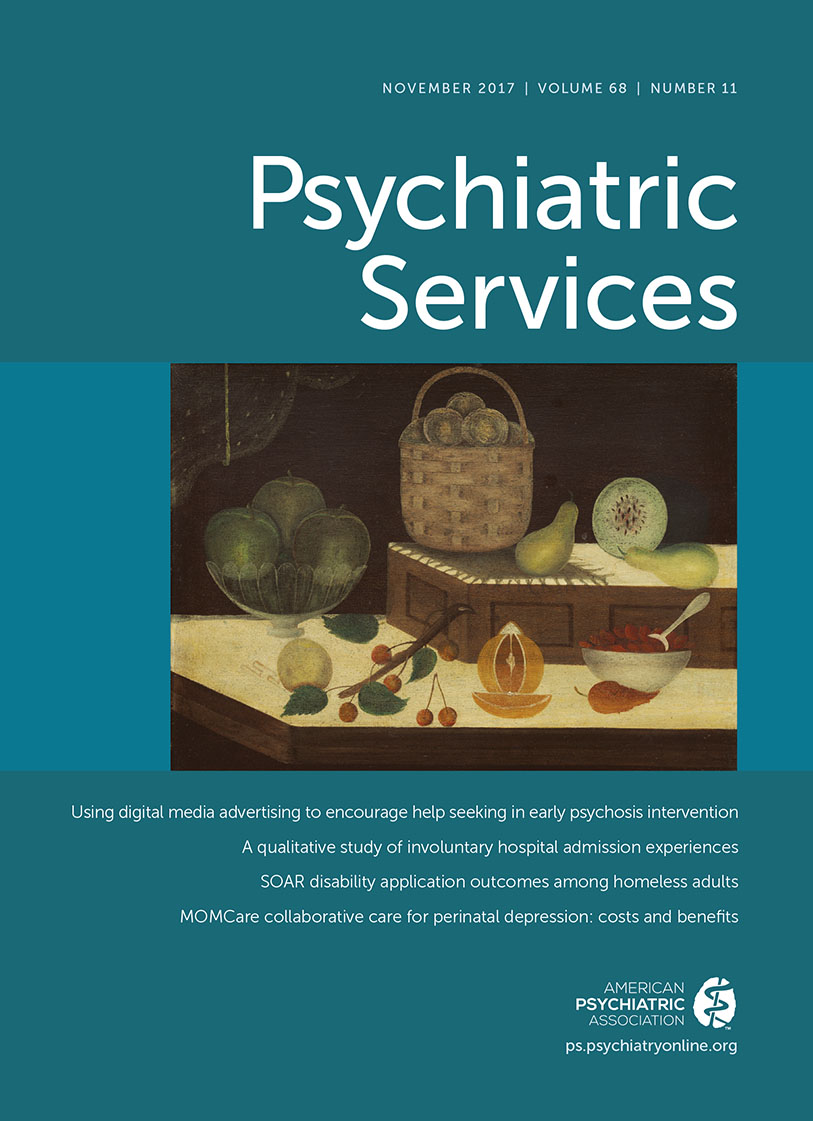National Overview of Medication-Assisted Treatment for American Indians and Alaska Natives With Substance Use Disorders
Abstract
Objective:
American Indians and Alaska Natives (AI/ANs) experience higher rates of substance use disorders and less access to high-quality care compared with other racial-ethnic groups. The objective of this study was to better understand the use of medication-assisted treatment (MAT) of substance use disorders for AI/ANs and barriers to broader implementation.
Methods:
Representatives of 192 substance abuse treatment programs completed a survey about their use of MAT. On the basis of implementation science frameworks, the authors examined survey items about program structure, workforce, and other services provided in order to develop logistic regression models that explored significant associations between workforce and program characteristics and use of MAT.
Results:
Of the 192 programs, 28% reported implementing MAT. Multivariate logistic regression models indicated that programs with staff that perceived MAT to be consistent with their program’s treatment approach and philosophy and programs reporting that MAT fit with staff expertise and training were more likely to implement MAT. Programs with nurses on staff and those reporting a perceived gap in the use of evidence-based treatments (EBTs) were less likely to implement MAT.
Conclusions:
Low rates of MAT implementation suggest racial disparities in access to MAT among AI/ANs, a population with historically high rates of substance use disorders. Study findings also highlight the important role of treatment culture and organizational fit in the implementation of MAT in treatment programs serving AI/AN populations. Results also speak to the importance of adapting existing EBTs in a culturally competent way to best serve the needs of the AI/AN community.



